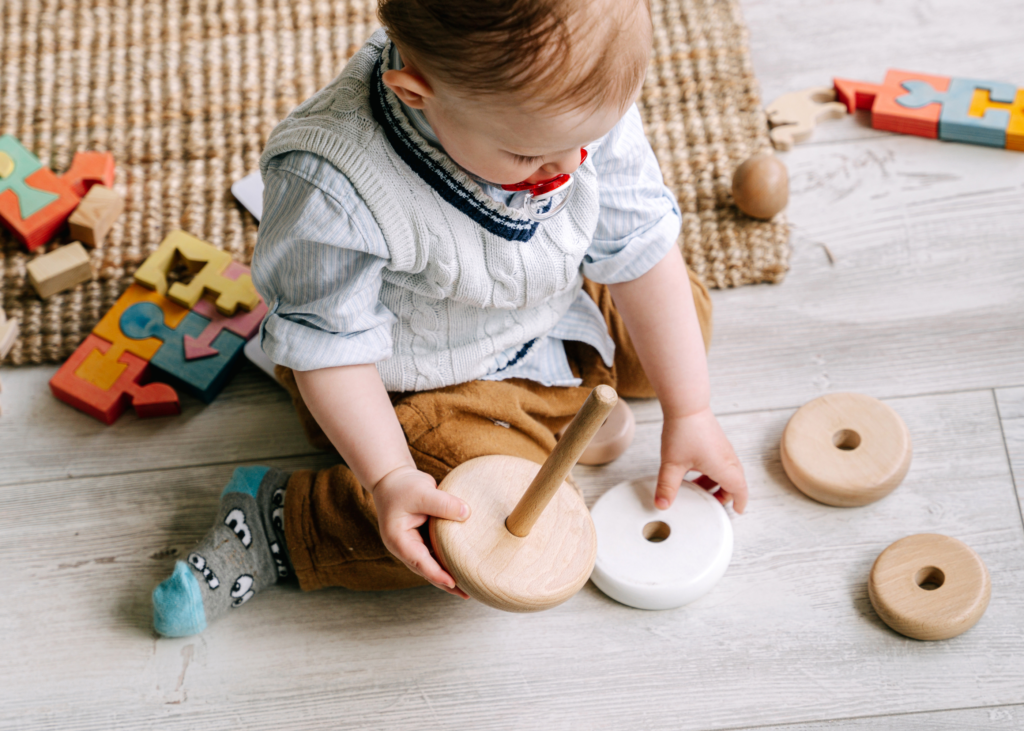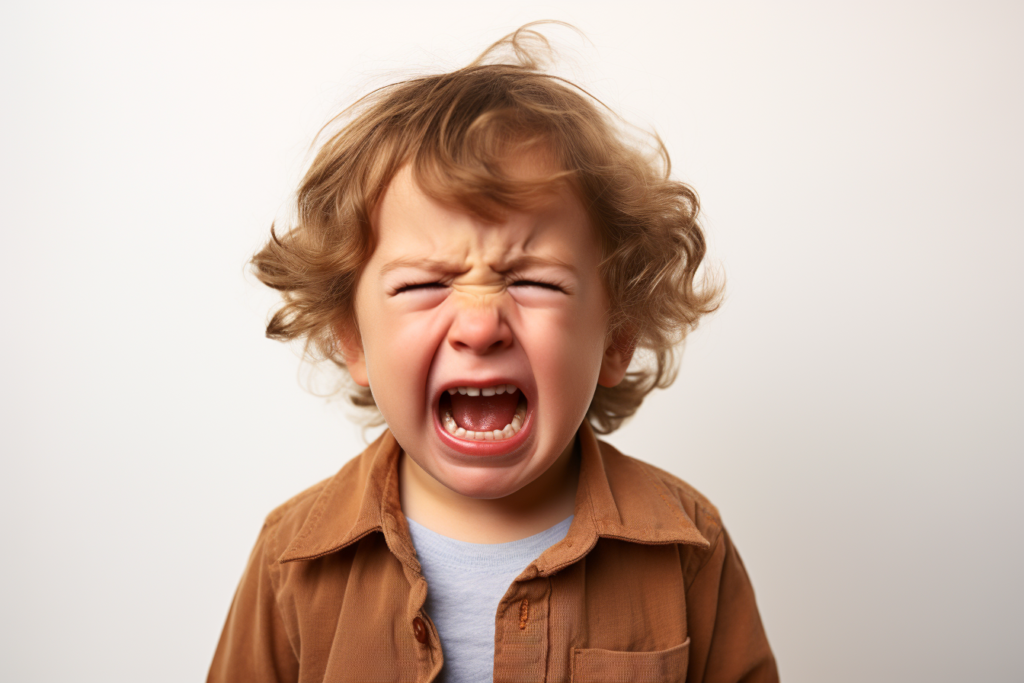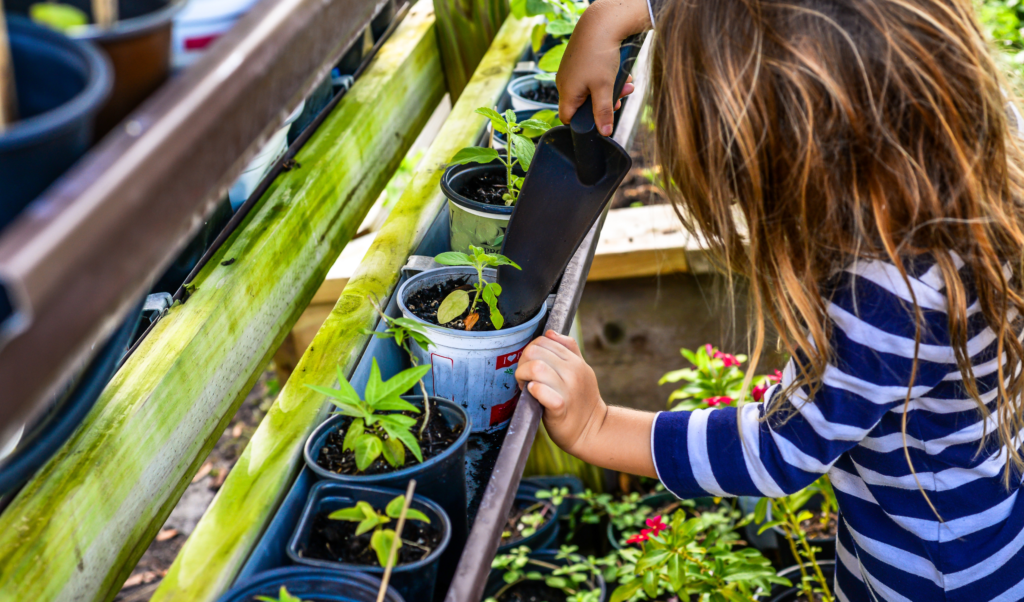In today’s world, most people will try to convince you that the more filled with lessons and structured activities your children’s schedules are, the more successful they’ll be in the future… but is that actually true?
The attempt to make every second of a child’s day “productive” and always keep them busy often ends up depriving them of one of the most fundamental things for healthy development: unstructured play.
I want to share with you why spare time and free play can actually be the best propellers for healthy child development and how you can easily incorporate free play into your child’s daily routine.
Read more: 30 Inspiring Quotes About Homeschooling and Learning.
What Is Free Play?
Free play is an unstructured, child-initiated play that allows children to engage in activities driven by their own interests, with their own choice of toys or materials (given the possibilities), without strict rules, adult directions, interventions, or predefined outcomes.
Unlike structured play (like a board game), which follows specific rules and objectives, free play is spontaneous and open-ended.
Any time your child spontaneously grabs a toy (or some sticks and rocks from the backyard) and begins playing, pretending, creating, imagining – that is free play.
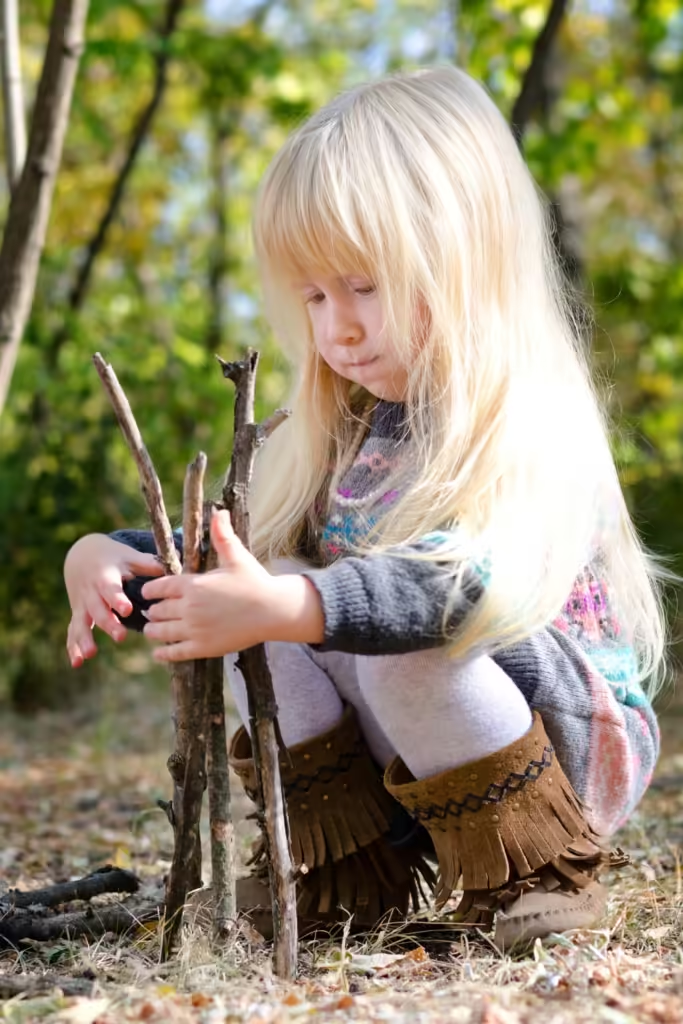
Boredom Is A Good Thing
Most free play happens when the child is bored. That is why it is getting rarer each day.
I frequently hear from parents who express a strong apprehension about their kids being bored and having nothing set to do.
This fear is so great that at the slightest hint of boredom, a screen is placed in front of the child, or the schedule is rearranged to fit in yet another “very-important-for-future-success” activity.
The issue with this approach is that the more we do it, the more we raise children who do not know how to exist in the world without being constantly entertained.
I think it’s important we remind ourselves that boredom is not something to be feared. On the contrary, boredom is fruitful!
It is during these moments of “nothing to do” that children have the greatest opportunities to act, create, move, think, invent, express, and imagine.
Plus, learning how to handle boredom is a very important and increasingly rare skill.
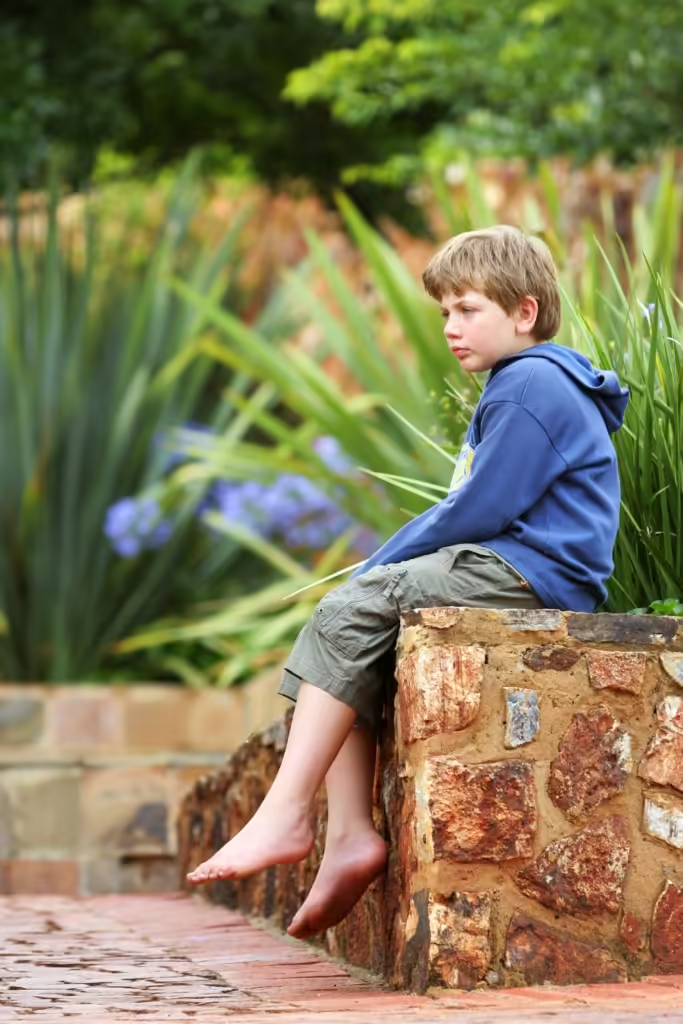
The Benefits of Free Play
A child experiences the world, learns, and develops all sorts of skills through play. We can, therefore, safely say that free play is the most important activity for healthy development.
Beyond being just fun, free play contributes massively to:
→ Creativity and imagination: Free play encourages children to invent games, create stories, repurpose materials, and explore different roles and scenarios, fostering their creative thinking.
→ Cognitive development: Unstructured play enhances cognitive skills such as problem-solving, decision-making, planning, organization, sustained attention, spatial awareness, and more.
→ Fine motor skills and gross motor skills development: Free play involves movement, whether it’s from the big muscles required for running, climbing, or jumping, or the small muscles required for drawing, painting, or building with blocks. Through free play, children develop motor skills, coordination, and physical strength.
→ Emotional regulation: Through free play, children can name, understand, and express their emotions, cope with stress, and resignify bad experiences.
→ Social skills: When playing with others, children learn how to interact, share, negotiate, and resolve conflicts.
→ Intrinsic motivation: Through free play, children become self-motivated by the sense of accomplishment and pride in completing tasks, learning from their mistakes, and doing things on their own.
→ Independence: Free play gives children the opportunity to make their own decisions and take charge of their own activities, allowing them to develop a strong sense of confidence, capability, and autonomy.
“What the hand does, the mind remembers.” – Maria Montessori
Read more: The Best Maria Montessori Quotes.
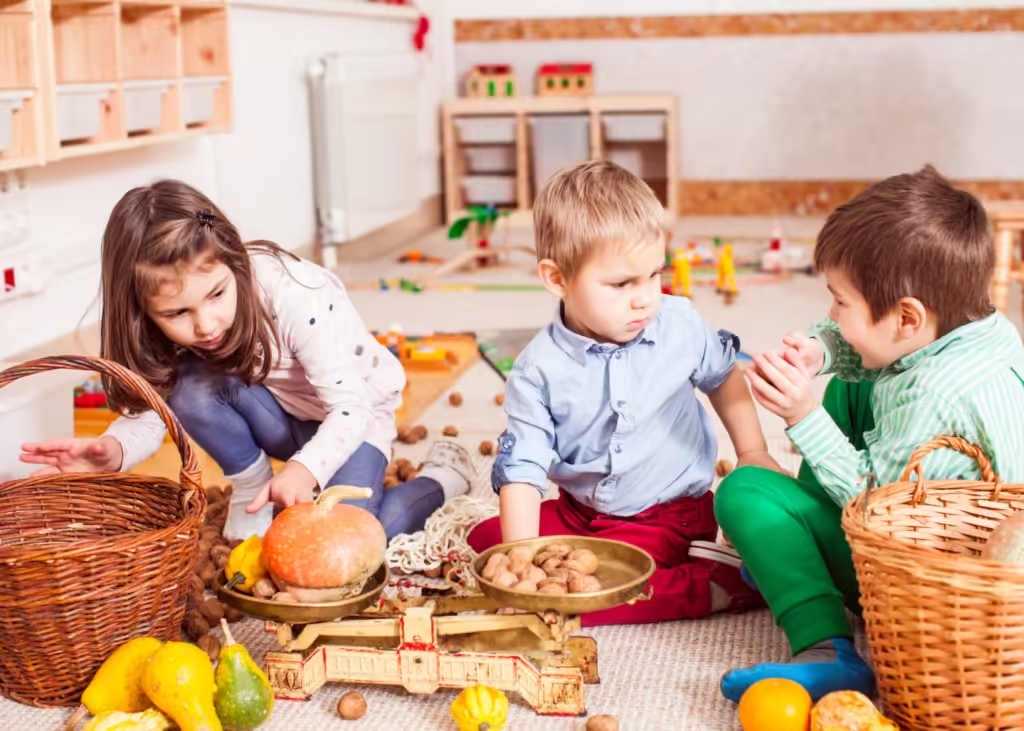
How to Implement Free Play Time
There are no secrets, honestly. All you need is free time and a child. This explosive combo usually results in a great deal of creativity, fun, and imagination.
However, if you notice your child feels lost when they “have nothing to do” or has a hard time coming up with their own entertainment, try:
→ Being available but not intrusive: One of the main reasons kids have a hard time playing freely or by themselves, is because we can be too quick to jump in, direct the play, set unnecessary rules, interrupt constantly with questions and statements, be overprotective, or try to teach “the right way to play”. While it’s important to supervise for safety, try to resist the urge to intrude on your child’s play.
→ Preparing the environment: What you want to make sure is that your child has some options available (of toys and/or resources) but not too many options or distractions that could get them overstimulated. For instance, having the TV on during free play time is not a great idea.
→ Limiting screen time: (This topic deserves a blog post all of its own) but, in short, screens steal your child’s motivation and attention, making it very difficult for them to concentrate and spend some time on less stimulating activities. Aside from that, most screen use is detrimental to creativity, imagination, decision-making, memory, problem-solving, sleep quality, and emotional regulation.
Make sure to follow the International Guidelines for Screen Use By Age:
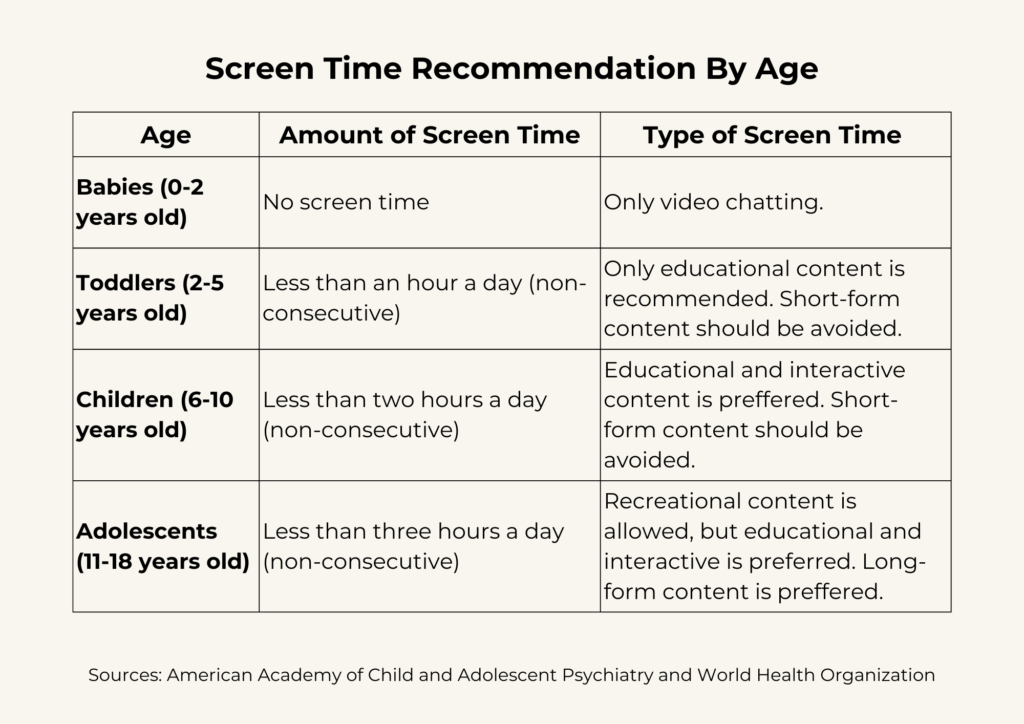
Save on Pinterest
Free Play Ideas
Here is the best part: you don’t have to set up sensory bins or busy baskets. The beauty of free play lies in its simplicity and child-directed nature.
The only thing you need to focus on is creating a prepared environment that supports and encourages your kid’s exploration and creativity.
That being said, it’s a good idea to have open-ended toys and resources such as:
→ Wooden blocks or LEGOs
→ Art and craft supplies
→ A few dolls or stuffed animals
→ Magnifying glasses, bug catchers, and gardening supplies
→ Different sized containers
→ Recycled material
Elizabeth Foss has a quote that says, “When the atmosphere encourages learning, the learning is inevitable”. Similarly, I would say, “When the atmosphere encourages free play, free play is inevitable”.
Read more: A Beginner’s Guide to the Montessori Method.

